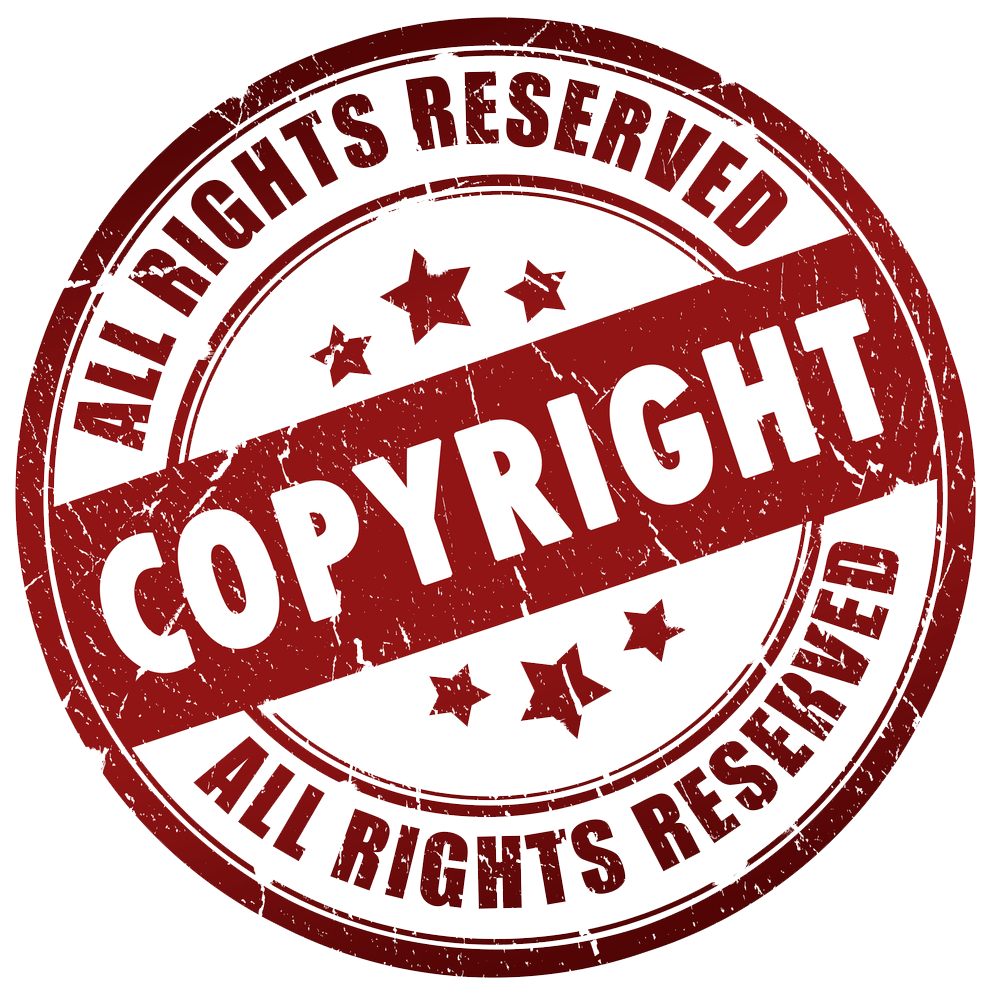Copyright Statement – f28 Music Media Live
All images captured by Chris Sturk and contributing photographers or editors affiliated with f28live.com/f28 Music Media Live are fully protected under copyright law. Each creator retains complete ownership of their work. f28 Music Media Live does not transfer copyright to any artist, label, business, or entity without formal compensation and a binding contractual agreement.
We are open to signing “photo agreements” provided by artists or their management teams. These agreements outline how the artist prefers their images to be used. However, such agreements do not grant ownership or usage rights to the artist, management, or affiliated entities. Instead, they specify the media platforms where the artist would like the images to appear. If a requested copyright agreement is sent over it will be up to the inidiviual editor and photographer covering that show to either sign or decline so sign that particular agreement.
For full details, please review our Image Usage Policy.
What Is Copyright?
Copyright is a legal protection grounded in the U.S. Constitution and granted by law for original works of authorship fixed in a tangible medium. It applies to both published and unpublished works.
✅ What Does Copyright Protect?
Copyright safeguards original works such as:
Literary works (poetry, novels)
Dramatic and musical compositions
Artistic creations (photography, movies, architecture)
Computer software
It does not protect facts, ideas, systems, or methods of operation—only the unique expression of those concepts.
🔍 Copyright vs. Patent vs. Trademark
Copyright: Protects creative works.
Patent: Protects inventions and discoveries.
Trademark: Protects brand identifiers like logos, names, and slogans.
🕒 When Is My Work Protected?
Your work is protected the moment it’s created and fixed in a tangible form—whether that’s a digital file, print, or other medium.
🌍 Is Copyright International?
The U.S. has copyright agreements with most countries, meaning your work is protected internationally in many cases. For specifics, see Circular 38a on international copyright relations.
📆 How Long Does Copyright Last?
Individual authors: Life of the author + 70 years
Joint works: 70 years after the last surviving author’s death
Works for hire or anonymous/pseudonymous: 95 years from publication or 120 years from creation (whichever is shorter)
Pre-1978 works: Varies based on publication and registration status, with some protections extending to 2047 or beyond
For more details, refer to Circular 6 and Circular 6A on copyright duration and renewal.

